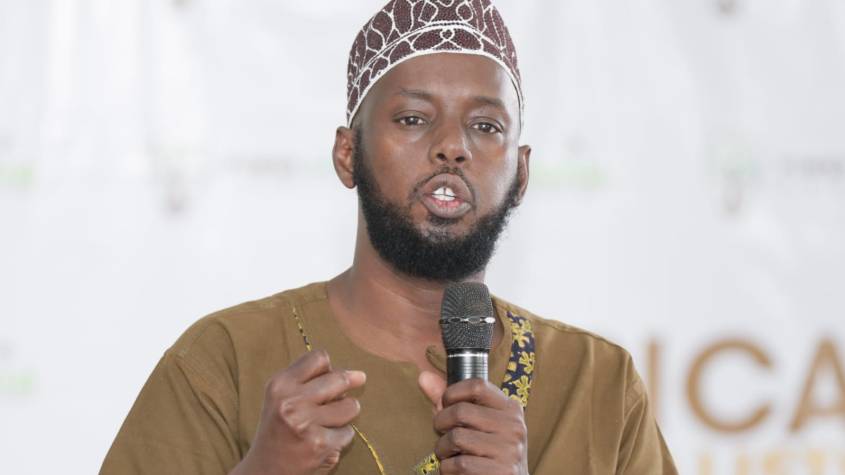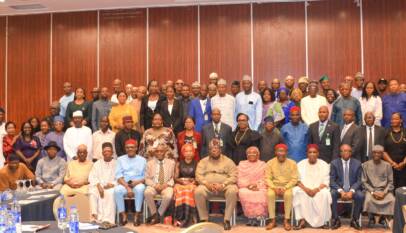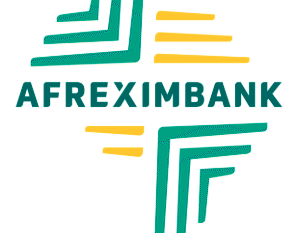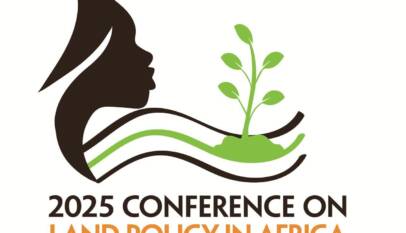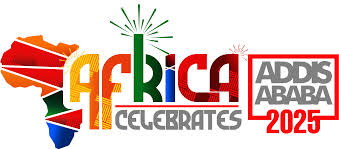OP-ED | Fair Climate Finance Requires Debt Reform, By Mohamed Adow
Reforming the global financial architecture is vital to finance climate action, particularly for debt-distressed countries and Africa must take the lead in advocating for change.
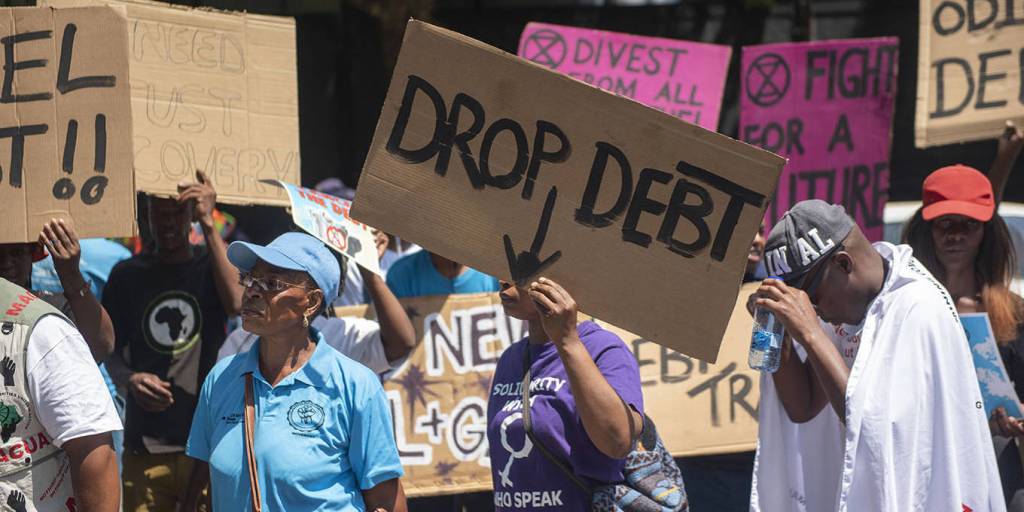
When delegates from around the world convened in Bonn, Germany, last month for the 62nd session of the United Nations Climate Change Subsidiary Bodies (SB62), the specter of sovereign debt loomed large. For African countries, in particular, debt is no longer a problem unfolding in parallel with escalating climate shocks and widening development deficits, but rather the key obstacle to effective crisis responses. Debt reform and climate finance are two sides of the same coin.
According to the Carnegie Endowment for International Peace, African countries owe $655 billion in external debt, and debt-service payments have more than doubled since 2010, driven by rising interest rates and currency depreciation. This year, the continent’s collective debt-service bill will amount to a whopping $79 billion. In 2023, 34 African countries spent more on debt service than on health or education, let alone disaster relief or green infrastructure.
Comprehensive debt cancellation is a prerequisite to progress on sustainable development. But it is only the beginning. Shaped by colonial power dynamics, the global financial architecture is practically designed to entrench inequality. When issuing loans to developing economies, institutions like the International Monetary Fund and the World Bank often impose conditions that constrain these countries’ fiscal space and hardwire austerity into domestic policy. Short-term relief thus comes with long-term shackles.
Many believe that mobilizing private investment is the key to closing the climate-finance gap. “Derisking” climate finance and attracting private capital through tools such as green bonds and blended finance are among the G20’s flagship priorities. The decision on the New Collective Quantified Goal on climate finance, made at COP29 in Baku last year, likewise emphasizes the importance of private-sector participation.
South Africa, which assumed the G20 presidency in December 2024, has echoed this approach. For example, at the G20 Finance Ministers’ meeting in February, South African President Cyril Ramaphosa called on the private sector, together with international financial institutions and development banks, to implement “innovative financing and insurance mechanisms” aimed at scaling up funding for disaster prevention and post-disaster reconstruction.
But the private sector has long struggled to engage effectively in climate negotiations or identify viable projects that serve climate, development, and commercial objectives simultaneously. Since the infrastructure projects that are needed to strengthen climate resilience mature over a period of 20-30 years, countries need reliable access to long-term finance. But credit markets operate on 3-5-year time horizons, meaning that borrowers often end up scrambling for more capital, which can be both unpredictable and expensive.
According to the ONE Campaign, the average interest rate on bonds for African countries in 2021 was 5.78%, compared to 1.14% on loans from the World Bank. These countries will pay $56 billion in additional interest over the lifetime of loans contracted in 2017-21, compared to what they would have paid if they had borrowed at World Bank rates. The much-touted “blended finance” model does not solve this problem, because it often combines public and private funds in ways that leave countries exposed to credit-market risk.
The real issue is that private finance is structurally biased against the Global South, owing partly to fundamental flaws in sovereign-risk assessments. If the private sector is to help close the climate-finance gap without trapping developing countries in cycles of repayment and dependency, we must first resolve the information asymmetries that enable credit-rating agencies and institutional investors to define “risk” in ways that penalize developing economies. Ramaphosa – who has voiced support for reforming global credit-rating systems – should help spearhead this process.
At the same time, however, we must recognize the limits of private capital, particularly when it comes to financing for adaptation and loss and damage. There is no substitute for a major expansion of grants and public financing.
The responsibility for tackling biases in the global financial system falls on the entire international community – not least the advanced economies that are now cutting their climate-aid budgets. Nonetheless, African countries must take more responsibility for driving change.
Africa has often failed to take a unified approach to global issues and maximize its collective bargaining power. Consider the Baku to Belém Roadmap – a joint initiative by the COP29 and COP30 presidencies to deliver at least $1.3 trillion in climate finance annually by 2035. Though the UN Framework Convention on Climate Change Secretariat and the COP30 presidency began regional consultations on the Roadmap in February, inviting stakeholders to share their input, Africa has not submitted an aligned position or set of recommendations.
Meanwhile, many African countries pursue bilateral debt deals in isolation, while others are entangled in opaque and protracted restructuring processes like the G20’s Common Framework for Debt Treatments. Zambia’s debt restructuring, for example, dragged on for over three years.
What is needed now is for African countries to build a consensus around a common agenda that links COP30 to the G20. Priorities must include comprehensive debt cancellation for climate-vulnerable countries; reform of credit-rating systems and capital-cost structures that unfairly penalize African economies; and greater use of non-debt instruments such as grants to finance climate action. A global taxation regime, which could use revenues to fund resilience in developing economies, should also be on the table.
Such efforts should build on existing initiatives and proposals, such as the proposed UN Framework Convention on Sovereign Debt, which would offer a credible, cooperative, and rights-based approach to debt reform. The Africa Climate Summit, convening in Addis Ababa this September, will serve as an important moment to cement progress and speak with a unified voice in advance of COP30.
Along with South Africa, the African Union – now a permanent member of the G20 – should play a leading role in this process, steering global debates toward the creation of a financial system that reflects today’s multipolar realities, not the colonial dynamics of the past. This is a matter of justice, not charity. And, with developing economies on the frontline of the climate crisis, it could not be more urgent.
Mohamed Adow is the Founder/Director of Power Shift Africa. This op-ed article was originally published in Project Syndicate, African Newspage’s publishing partner. The views it expresses do not necessarily reflect African Newspage’s editorial policy.

